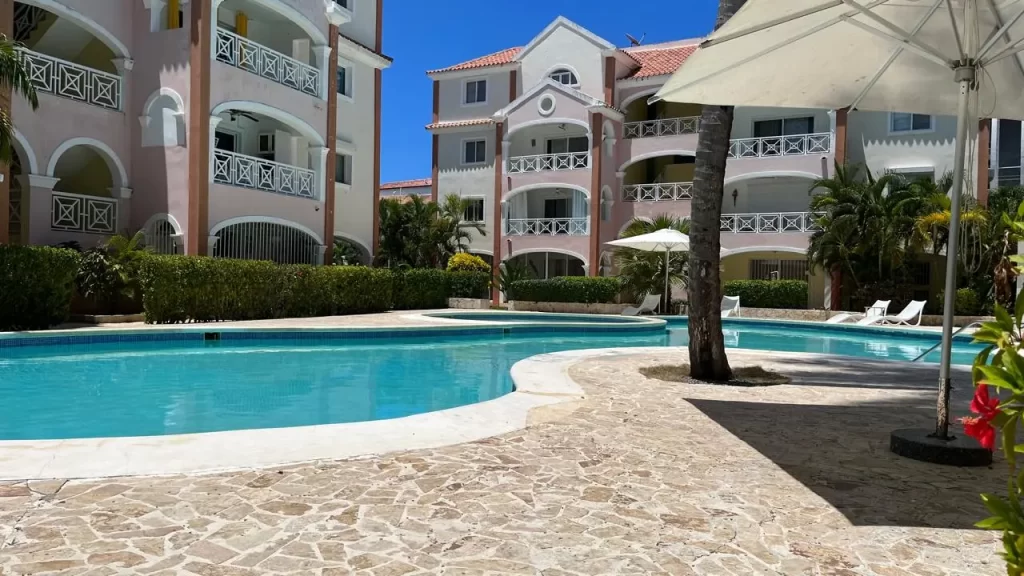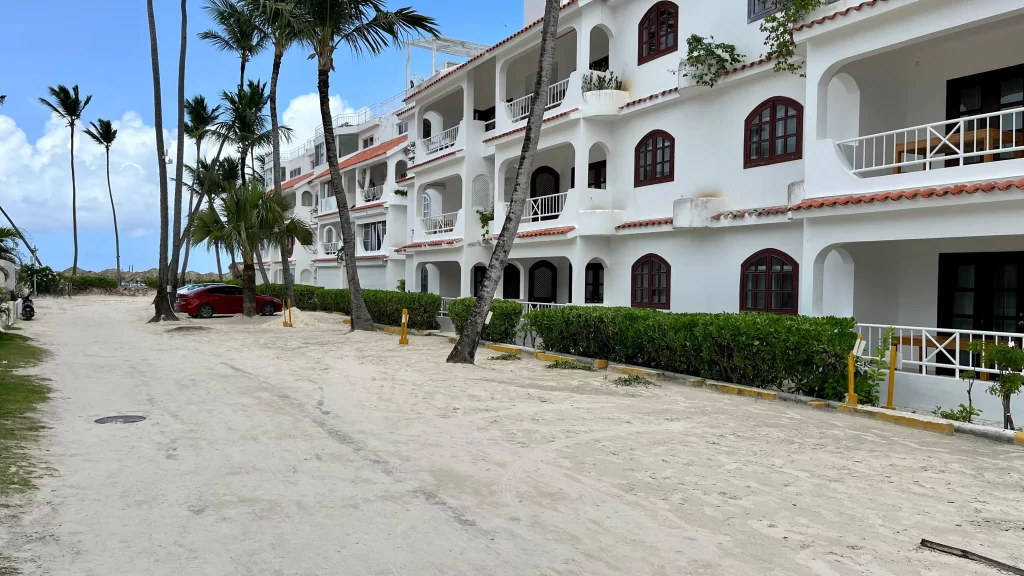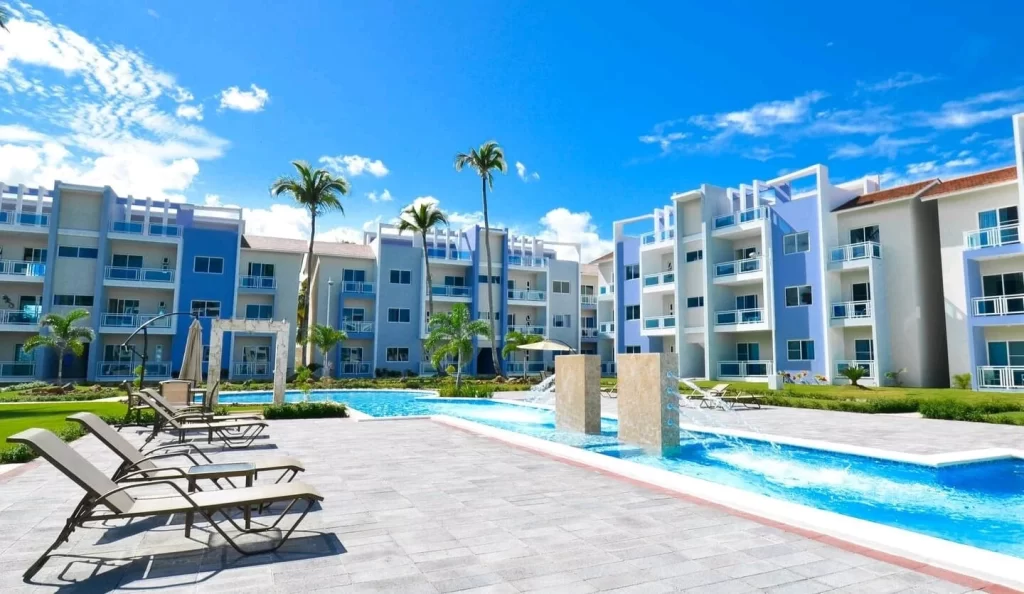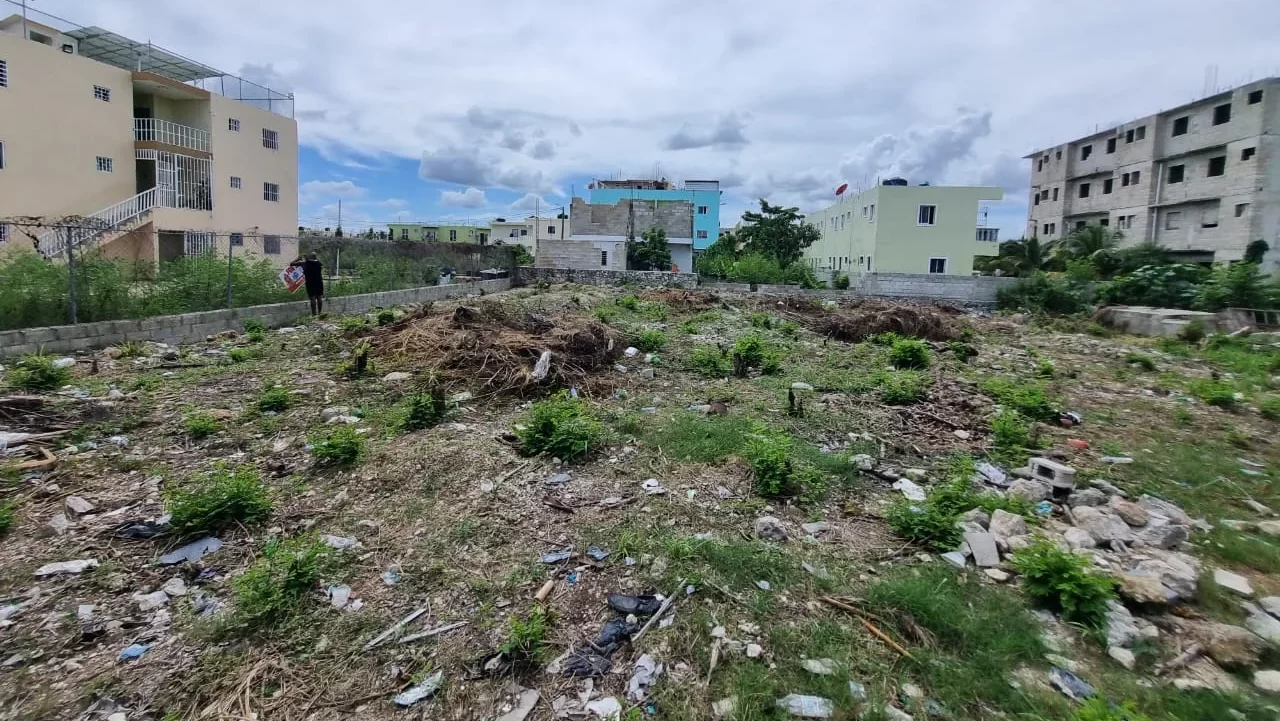Punta Cana, a tropical paradise known for its stunning beaches and vibrant lifestyle, has become a sought-after destination for real estate investors and homebuyers alike. With its growing popularity, understanding the legal process for purchasing property in this Dominican Republic gem is essential. The process involves several key steps, from identifying the right property to navigating the legal and regulatory requirements. This guide provides an in-depth look at what it takes to buy a house in Punta Cana, ensuring a smooth and secure transaction.

Understanding the Punta Cana Real Estate Market
Why Punta Cana is a Hotspot for Real Estate Investments
Punta Cana’s appeal extends beyond its beautiful landscapes and warm climate. The region offers a dynamic real estate market with opportunities for both luxury and affordable housing. Investors are drawn to Punta Cana due to its steady growth in tourism, which has fueled demand for vacation homes, rental properties, and retirement residences. The area’s infrastructure development, including modern airports and highways, further enhances its attractiveness as a real estate hotspot. Whether you are looking for a beachfront villa or a quiet retreat in the countryside, Punta Cana offers diverse options that cater to various preferences and budgets.
Legal Framework for Foreign Buyers
Rights of Foreigners in Dominican Republic Real Estate
One of the key advantages of buying property in Punta Cana is that the Dominican Republic imposes no restrictions on foreign ownership of real estate. Foreigners enjoy the same rights as Dominican citizens when it comes to purchasing property, which includes the ability to own land outright. This legal framework provides a sense of security and encourages international buyers to invest in Punta Cana’s burgeoning real estate market. However, understanding the local regulations and procedures is crucial to avoid potential legal pitfalls and ensure a successful transaction.
Steps to Buying Property in Punta Cana
Identifying the Right Property
The first step in the buying process is to identify the property that best suits your needs and goals. Whether you’re looking for a vacation home, a permanent residence, or an investment property, it’s important to consider factors such as location, property type, and price range. Working with a local real estate agent can help you navigate the market and find properties that align with your criteria.
Engaging a Local Real Estate Agent
A knowledgeable real estate agent is invaluable when purchasing property in Punta Cana. They can provide insights into the local market, help you find properties that meet your needs, and assist with negotiations. It’s essential to choose an agent who is experienced and familiar with the legal requirements for foreign buyers.
Meet Darian Lewis, your Trusted Real Estate Expert.
Property Due Diligence
Once you have found a property that interests you, the next critical step is to conduct due diligence. This involves verifying the ownership of the property, making sure there are no litigation or legal encumbrances, and checking for any outstanding taxes or fees. It is advisable to hire a lawyer to assist you in this process, as he or she can conduct a thorough review of the legal status of the property and help you avoid potential problems.
Main legal documents required
Title Deed
The title deed is the most important document in the process of buying a property. It serves as proof of ownership and is essential to transfer the property to the new owner. Before proceeding with the purchase, it is essential to make sure that the title deed is free of encumbrances or claims.
Contract of Purchase and Sale
The purchase contract sets out the terms and conditions of the sale of the property. This legally binding document includes details such as the purchase price, payment schedule and possible contingencies. Both the buyer and seller must agree to the terms of the contract before proceeding with the transaction.
Certification of Ownership
In addition to the title deed, a certification of ownership from the local land registry is necessary. This document confirms that the seller is the rightful owner of the property and that there are no outstanding debts or legal issues associated with it.
Hiring a Lawyer in Punta Cana
Importance of Legal Representation
While not legally required, hiring a lawyer is highly recommended when purchasing property in Punta Cana. Apart from performing the necessary due diligence on the desired property, a good real estate lawyer will guide you through the legal process, write and review contracts, and ensure that all documents are in order. They can also represent your interests during negotiations and help you navigate any legal challenges that may arise.
How to Choose a Qualified Lawyer
When selecting a lawyer, it’s important to choose someone who is experienced in real estate transactions in the Dominican Republic. Look for a lawyer who is bilingual, familiar with the local market, and has a track record of successfully handling property purchases for foreign clients. It’s also advisable to check references and verify their credentials with the local bar association.
At Turnkey in Punta Cana we have Darian Lewis, a luxury broker with years of real estate experience that started in Portland, Oregon. He has worked with well-known companies such as Re/Max in Portland and Keller Williams in Punta Cana, and now runs his own real estate company, dedicated to providing top quality service.
Financing Options for Foreign Buyers
Mortgage Options in the Dominican Republic
Financing a property purchase in Punta Cana is possible through local banks and international lenders. While mortgage options are available, they often come with higher interest rates and stricter requirements for foreign buyers. It’s important to research different lenders, compare loan terms, and understand the qualifications needed to secure a mortgage.
Cash Transactions vs. Financing
Many foreign buyers opt for cash transactions to expedite the purchasing process and avoid the complexities of securing a mortgage. However, for those who prefer financing, understanding the local mortgage market and working with a lender who is experienced in dealing with international clients can make the process smoother.
Due Diligence Process
Property Inspection
A thorough inspection of the property is crucial to ensure that it meets your expectations and is free of defects. This step involves assessing the property’s condition, checking for any necessary repairs, and verifying that the construction complies with local building codes. While the Dominican Republic does not have licensed inspectors, you can hire a licensed engineer to perform the duties of a home inspector.
Verifying Property Ownership
Verifying the ownership of the property is a key part of due diligence. This involves confirming that the seller is the legitimate owner and that there are no disputes or claims against the property. A lawyer can assist with this process by obtaining the necessary documentation from the local land registry.
Checking for Encumbrances
It’s essential to ensure that the property is free of any encumbrances, such as unpaid taxes, mortgages, or liens. This step protects you from inheriting any debts or legal issues associated with the property. A clear title is vital for a smooth transfer of ownership.
Taxes and Fees Involved in the Purchase
Transfer Tax
When purchasing property in Punta Cana, a transfer tax of 3% of the property’s assessed value (typically the purchase price) is required. This tax is paid to the Dominican government and is a necessary step in the legal transfer of ownership.
Legal Fees
Legal fees typically range from 1% to 1.5% of the property’s purchase price. These fees cover the cost of legal representation, contract review, due diligence,, and depositing necessary documentation required for transfer of ownership.
Notary Fees
In the Dominican Republic, notaries play a crucial role in the property transfer process. Notary fees cover the cost of authenticating the legal documents required for the sale and are usually covered by your attorney.
Navigating the Sales Agreement
Key Clauses to Include
The sales agreement is a critical document that outlines the terms of the property sale. Key clauses to include are the purchase price, payment terms, conditions for terminating the contract, and any contingencies. It’s essential to review the agreement carefully and ensure that it protects your interests.
Understanding Payment Schedules
Payment schedules are an important aspect of the promise contract in cases of purchasing pre-construction. They outline the timeline for making payments, including the initial deposit, installment payments, and the final payment upon closing. Understanding and adhering to the payment schedule is crucial to avoid breaches of contract.
Closing the Sale
Finalizing the Purchase
The closing process involves finalizing all legal and financial aspects of the property purchase. This includes paying the remaining balance, signing the necessary documents, and transferring ownership. It’s important to ensure that all paperwork is in order and that the title deed is correctly registered in your name. Additional considerations at the time of closing in some cases may be the transfer of the contract with the energy company, proration of funds paid to condominium associations, and payments made for future rentals.
Registering the Property
Once the sale is finalized, the property must be registered with the local land registry. This step is essential for legally transferring ownership and obtaining the title deed in your name.
Obtaining the Title Deed
After the property is registered in the name of the new buyer with the notarized purchase contract, the title deed is issued in the buyer’s name. This document serves as proof of ownership and is crucial for any future transactions involving the property.
Post-Purchase Considerations
Property Management Services
For buyers who do not plan to reside in Punta Cana year-round, hiring a property management service can be beneficial. These services can take care of maintenance, rental management, and other tasks, ensuring that your property remains in good condition and generates income when you’re not using it.
Homeowners Association Rules
If you’re buying property in a gated community or condominium, it’s important to understand the rules and regulations set by the homeowners association (HOA). These rules can affect how you use your property and what fees you are required to pay for communal services and maintenance.
Understanding Residency and Visa Requirements
Options for Foreign Property Owners
Foreign property owners in Punta Cana have several residency options, including temporary and “permanent” residency. While owning property does not automatically grant residency, it can support your application for a visa or residency permit. Understanding the residency process and requirements can help you make an informed decision about living in the Dominican Republic.
Applying for Residency in the Dominican Republic
If you plan to live in Punta Cana full-time, applying for residency is recommended. The application process involves providing proof of income, a clean criminal record, and other documentation. A lawyer can assist with the residency application and ensure that all requirements are met.
Benefits of Owning Property in Punta Cana
Investment Potential
Punta Cana’s real estate market has shown consistent growth, making it an attractive option for investors. The potential for appreciation, combined with the opportunity to generate rental income, makes property ownership in Punta Cana a sound investment.
Quality of Life
Owning property in Punta Cana offers an unparalleled quality of life. The region’s natural beauty, vibrant culture, and welcoming community make it an ideal place to live, whether you’re retiring, relocating, or seeking a vacation home.
Rental Income Opportunities
With Punta Cana being a top tourist destination, there are ample opportunities to generate rental income from your property. Vacation rentals are in high demand, and owning property in a desirable location can provide a steady stream of income.
FAQs
What are the basic steps to buy property in Punta Cana?
The basic steps include identifying a property, engaging a real estate agent, conducting due diligence, signing a sales agreement, closing the sale, and registering the property.
Can foreigners buy property in Punta Cana?
Yes, foreigners can buy property in Punta Cana with the same rights as Dominican citizens.
What are the legal fees involved in buying a house?
Legal fees typically range from 1% to 1.5% of the property’s purchase price.
How long does it take to close a property sale?
The closing process can take several weeks to a few months, depending on the complexity of the transaction and the efficiency of the legal and financial processes.
Do I need a lawyer to buy property in Punta Cana?
While not mandatory, hiring a lawyer is highly recommended to ensure a smooth and legally sound transaction.
What taxes are applicable when buying property?
The main tax is the transfer tax, which is 3% of the property’s assessed value.
Buying a house in Punta Cana can be a rewarding experience, offering both lifestyle benefits and investment potential. By understanding the legal process, engaging the right professionals, and conducting thorough due diligence, you can navigate the complexities of the real estate market with confidence. Whether you’re looking for a vacation home, an investment property, or a permanent residence, Punta Cana has something to offer everyone.










